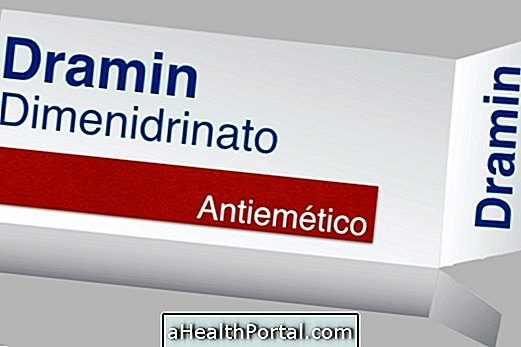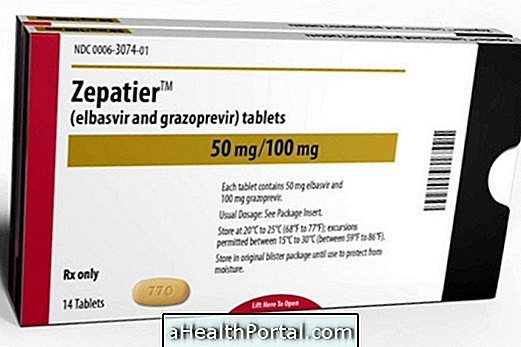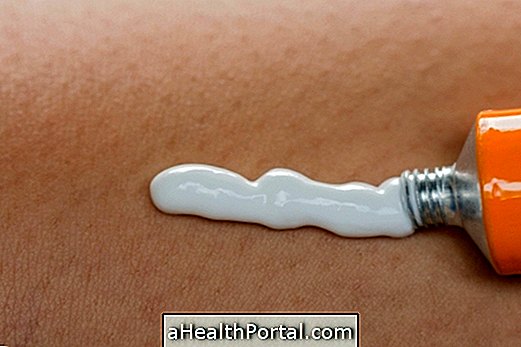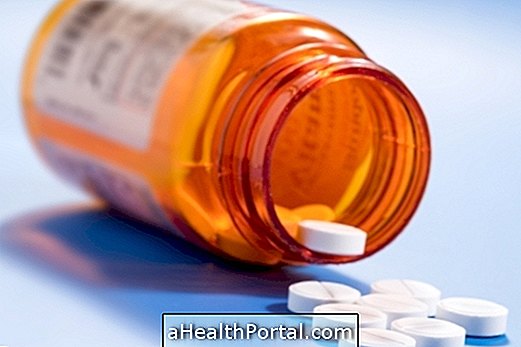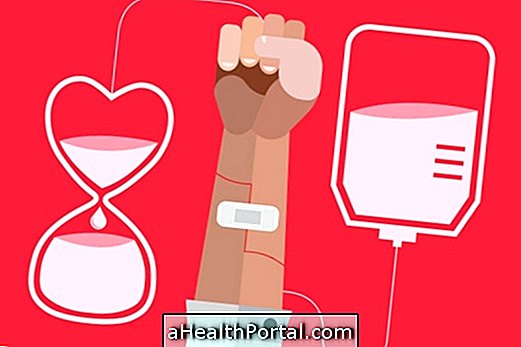Epinephrine is a potent antiasthmatic, vasopressor and cardiac stimulant that can be used in emergency situations and is therefore a drug that is normally transported by people who are at high risk of having a severe allergic reaction. After using this medicine it is very important to go immediately to the hospital or consult the doctor who prescribed its use.
Epinephrine can also be known as adrenaline and is sold in conventional prescription drug stores in the form of a pre-filled syringe with 1 dose of epinephrine to inject into the muscle.
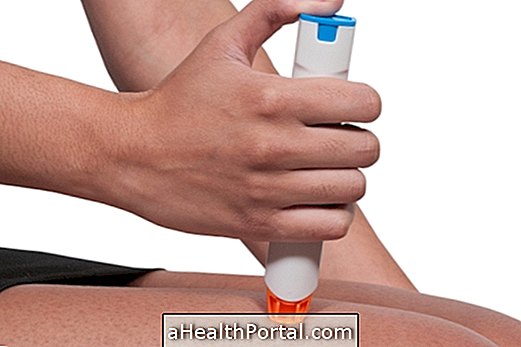
What is it for
Epinephrine is indicated for the treatment of emergency situations of severe allergic reactions or anaphylaxis caused by peanuts or other foods, medicines, insect bites or stings, and other allergens.
How to apply
The mode of use of epinephrine should be made according to the instructions of the doctor who prescribed the use of this medicine, however, to use generally follow the following steps:
- Remove the epinephrine pen from the inside of the case;
- Remove the safety catch;
- Hold the pen with one hand;
- Press the tip of the pen against the thigh muscle until you hear a small click;
- Wait 5 to 10 seconds before removing the pen from the skin.
The effect of adrenaline is very fast, so if the patient does not feel better in less than 1 minute, the dose can be repeated using another pen. If no other pen is available, you should immediately call an ambulance or take the person to the hospital.
Possible Side Effects of Epinephrine
The main side effects of epinephrine include palpitations, increased heart rate, excessive sweating, nausea, vomiting, difficulty breathing, dizziness, weakness, pale skin, tremor, headache, nervousness, and anxiety. However, the benefit of using this medication is much higher than its effects, since there is life threatening to the person who is experiencing a severe allergic reaction.
Who should not use
Epinephrine is contraindicated for people with high blood pressure, hyperthyroidism, adrenal medullary tumors, cardiac rhythm disorders, coronary and myocardial disease, hardening of the arteries, right ventricular enlargement, renal insufficiency, high intraocular pressure, enlarged prostate, bronchial asthma or patients with hypersensitivity to epinephrine or other components of the formula.




